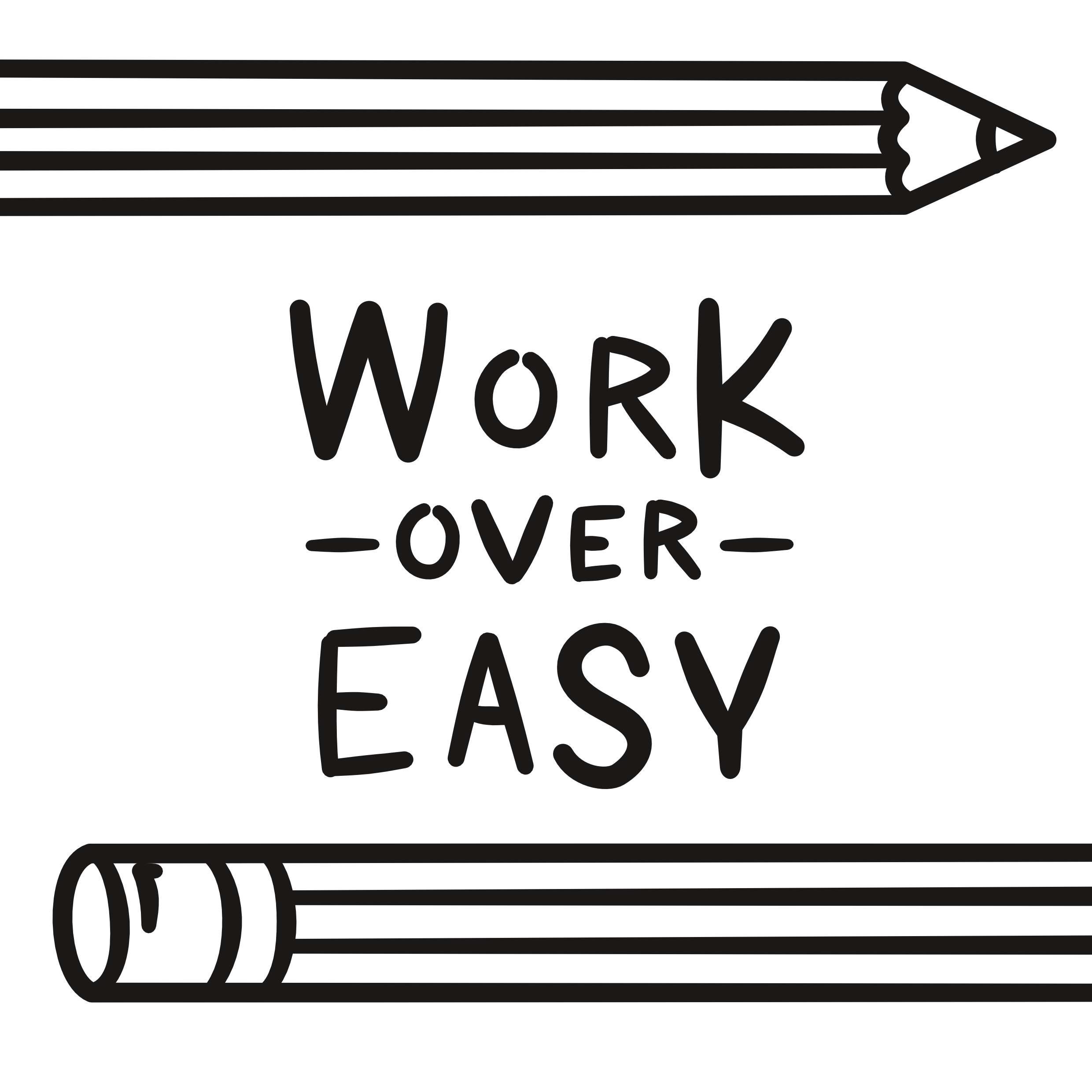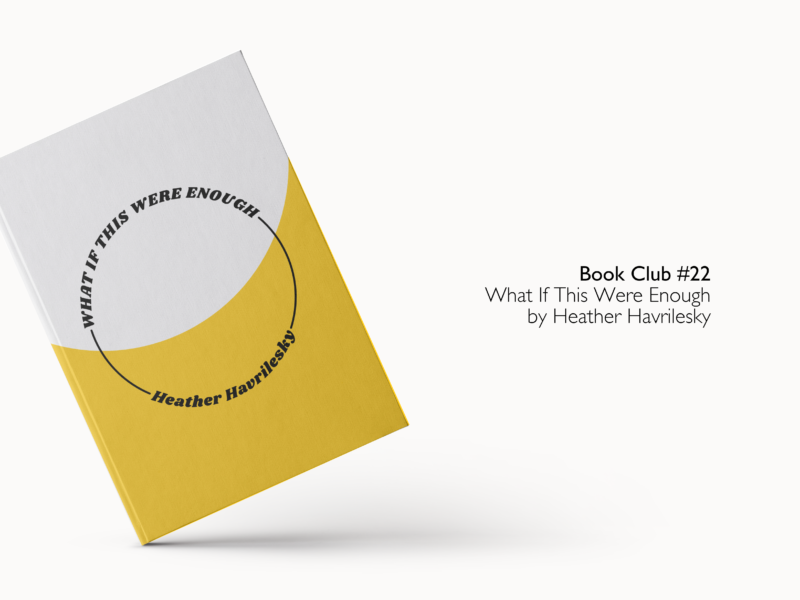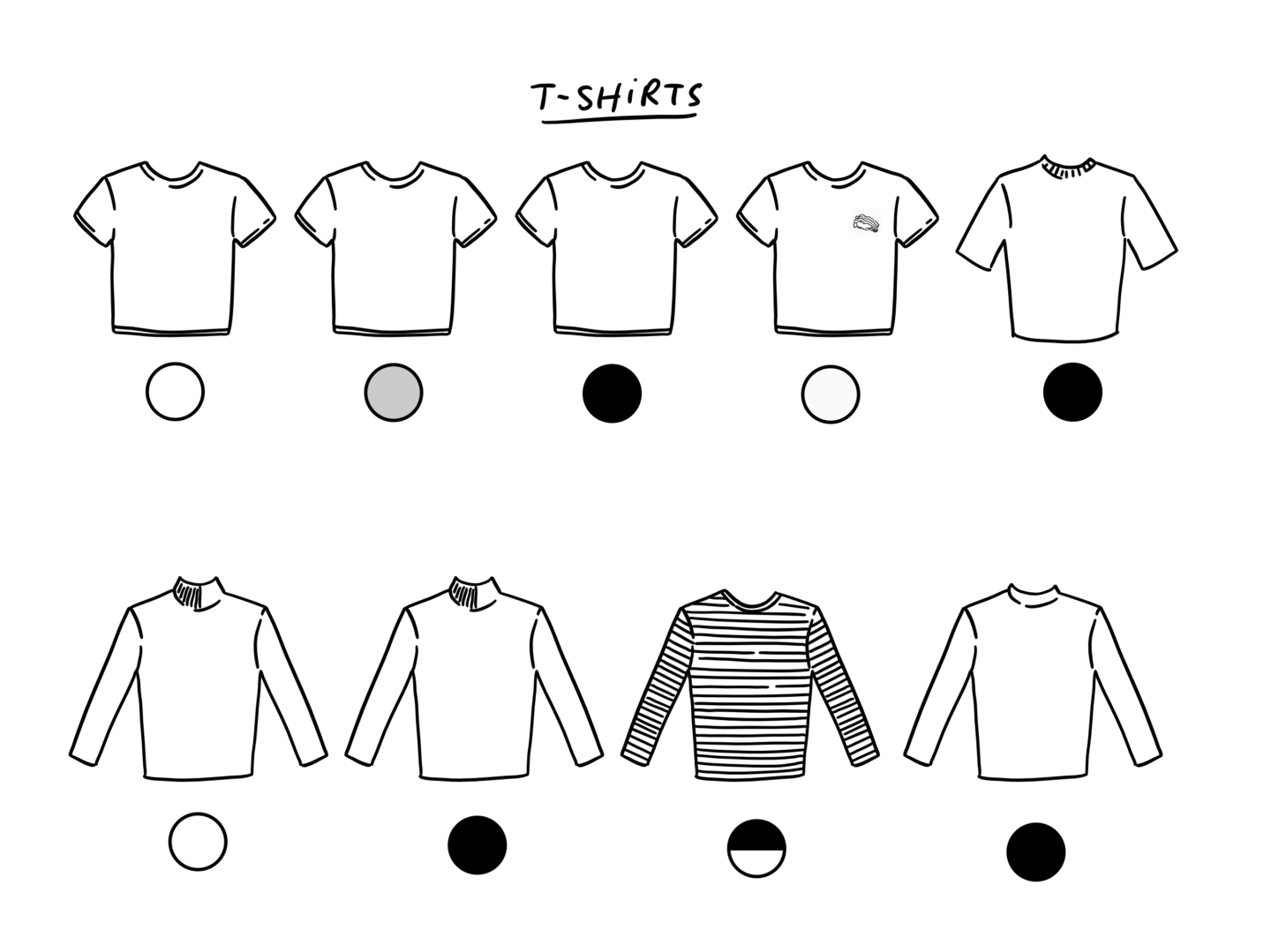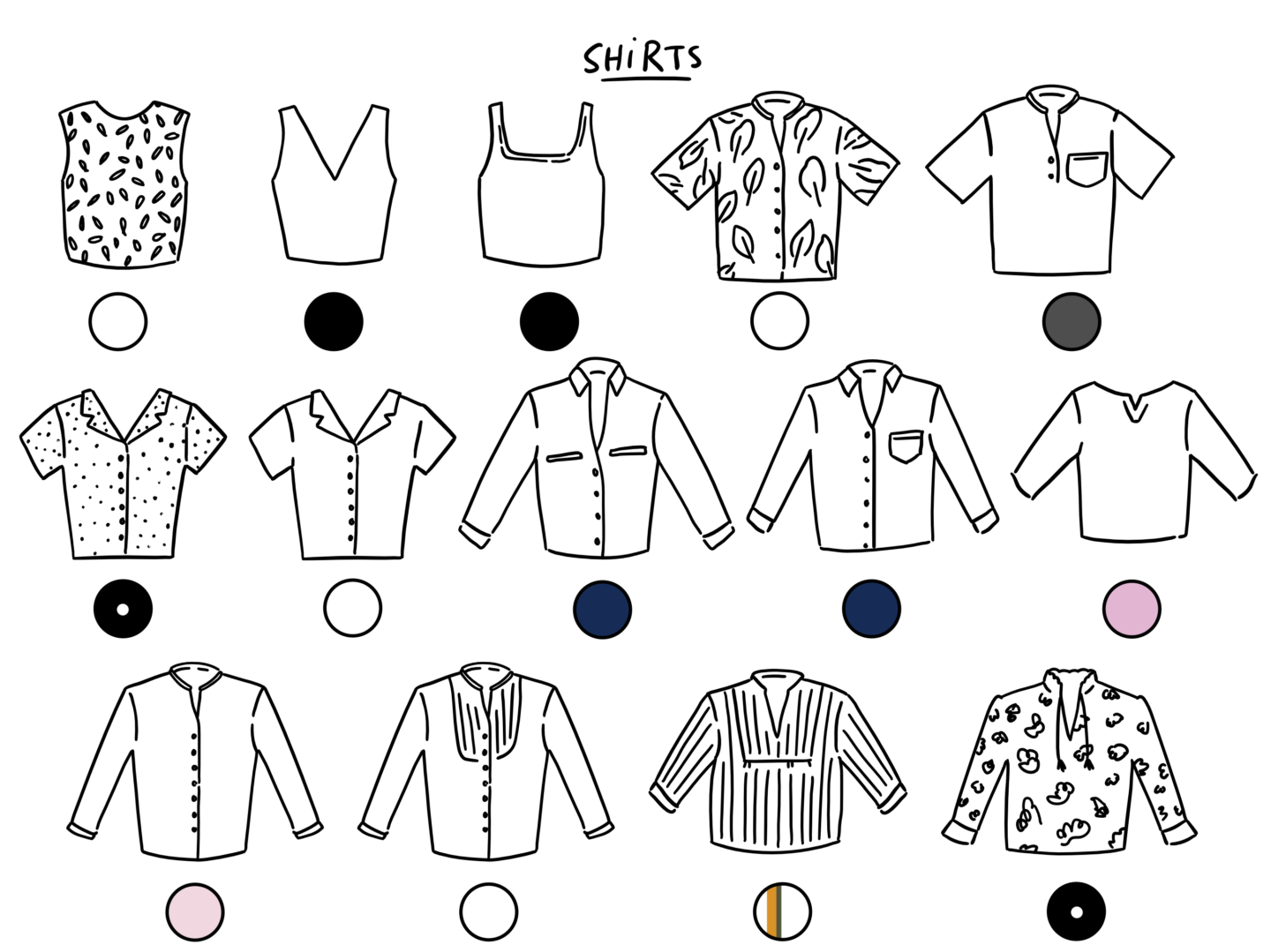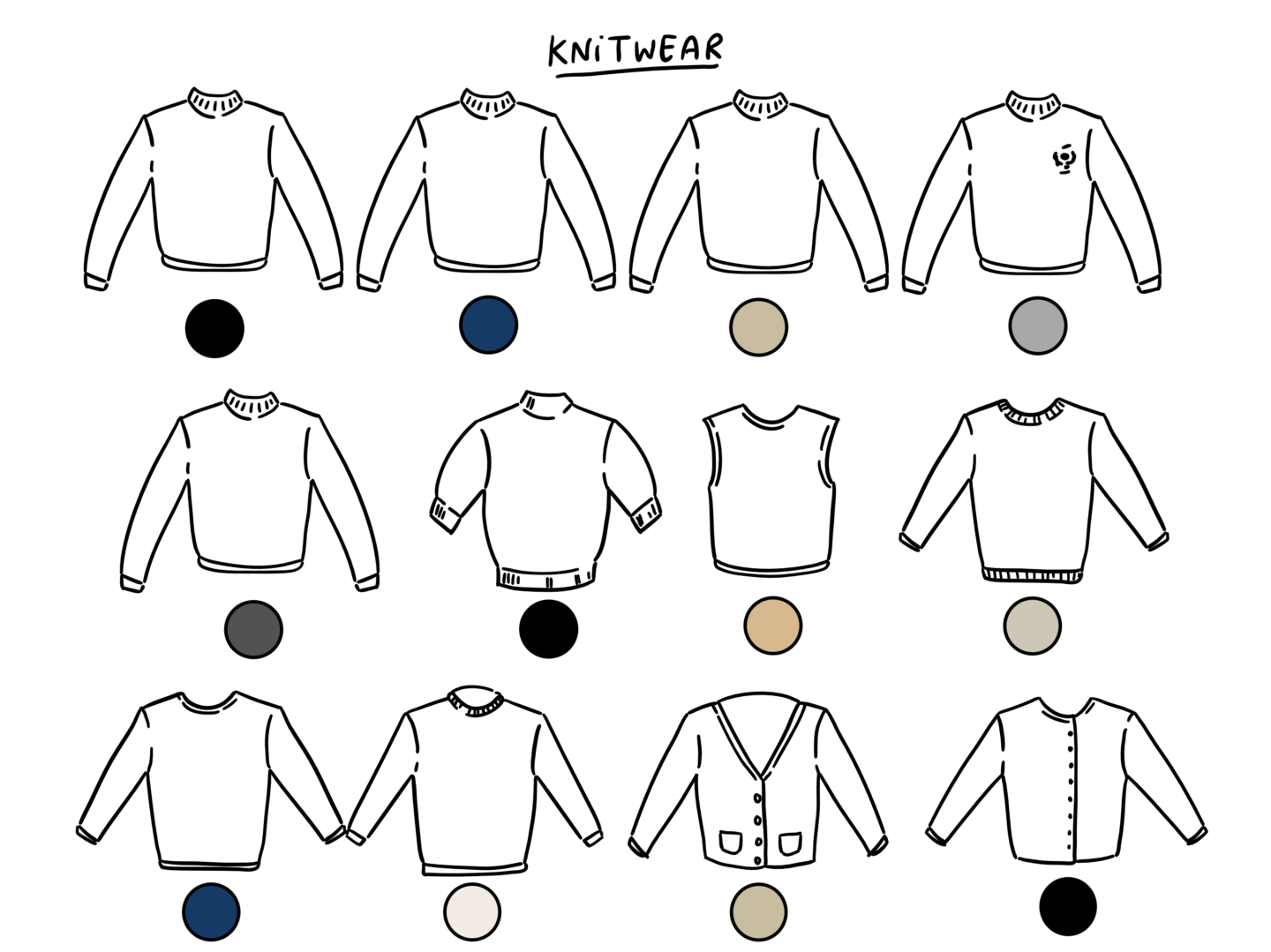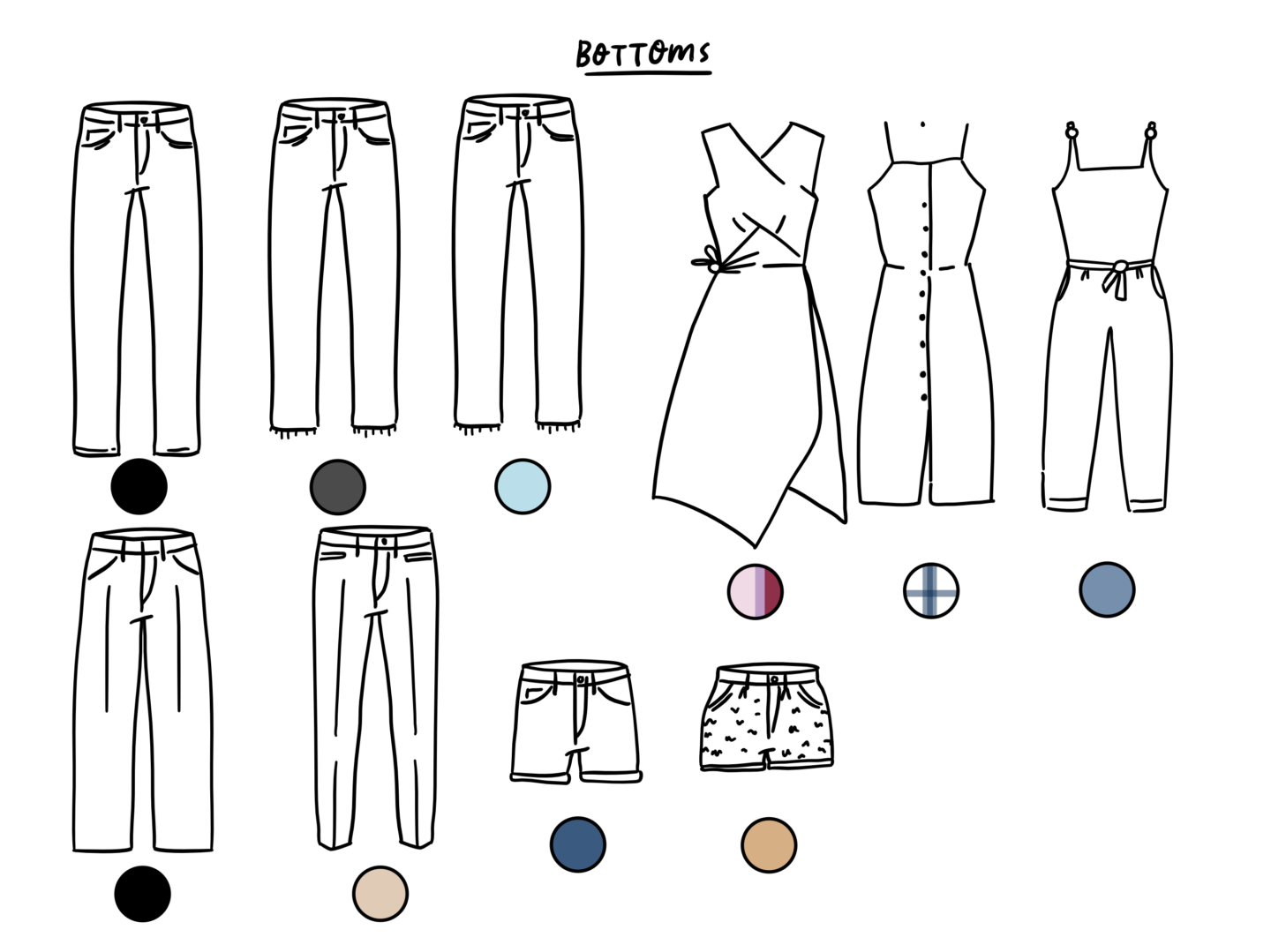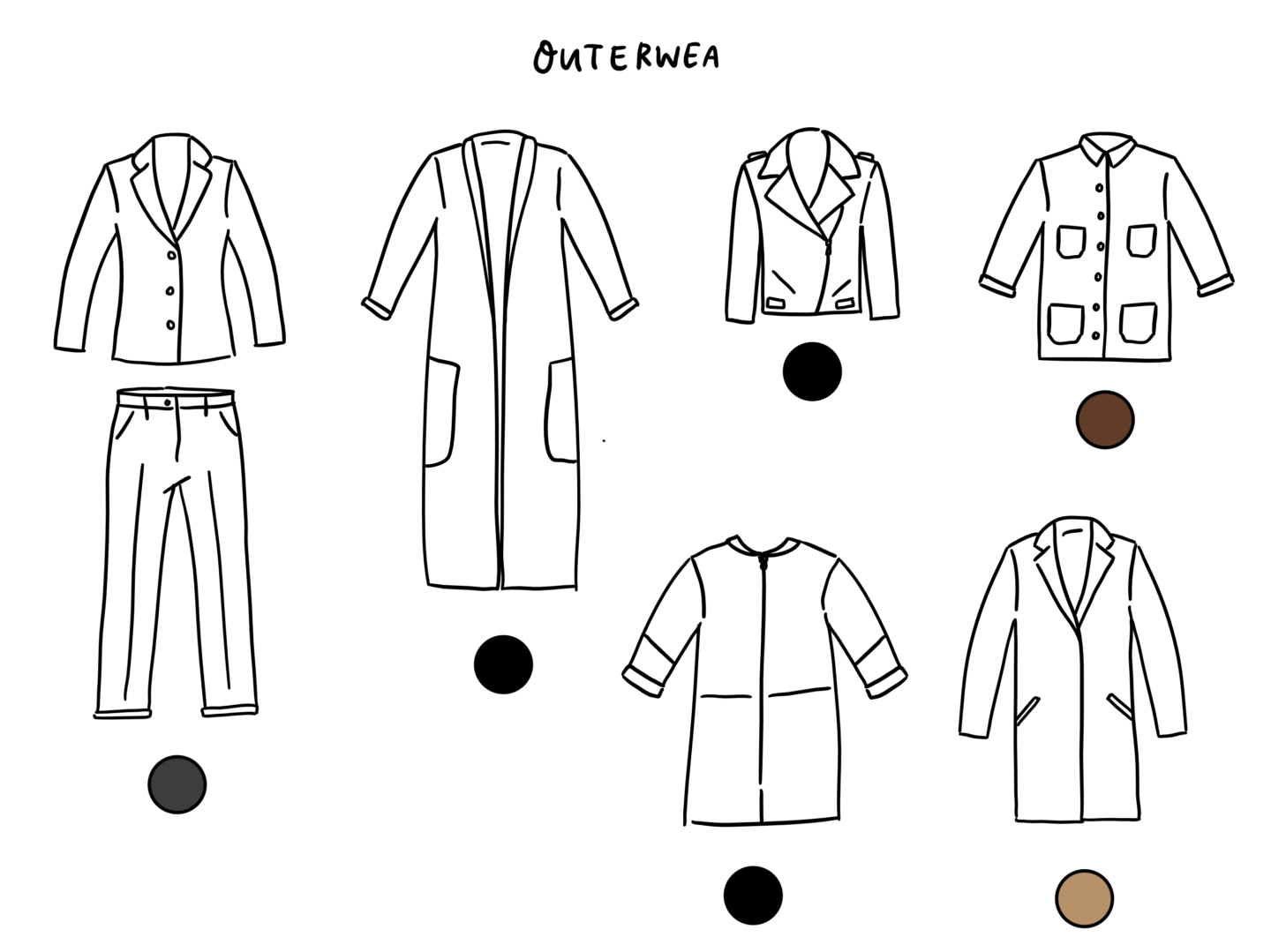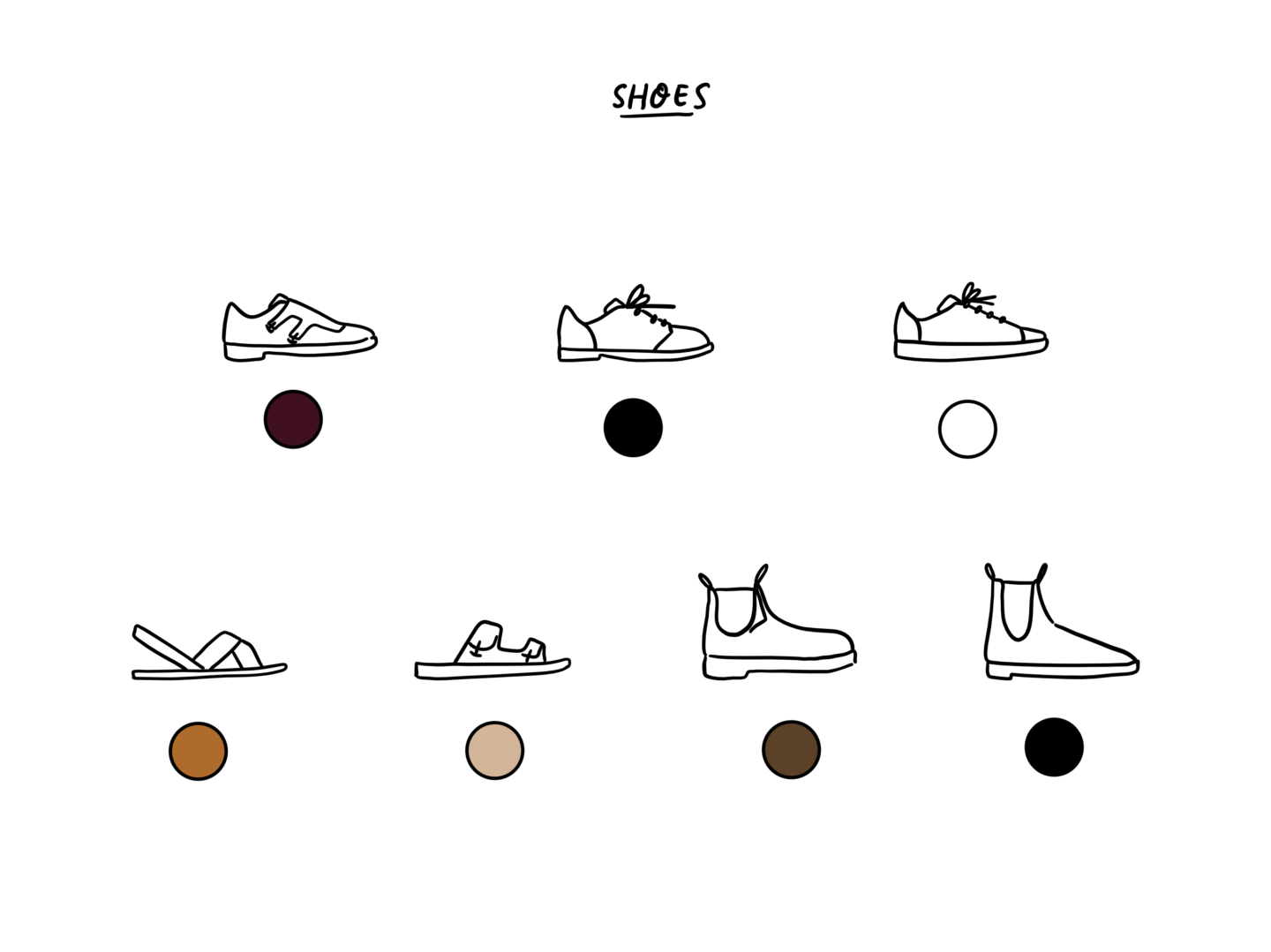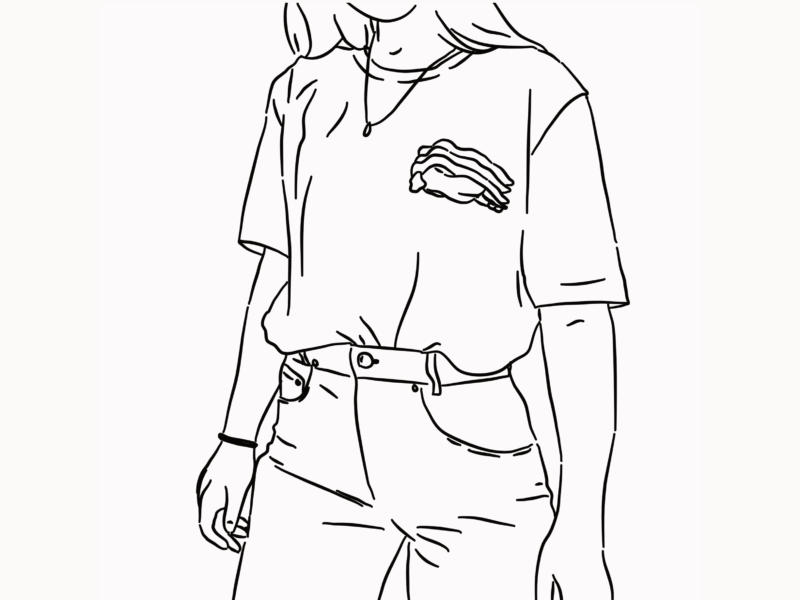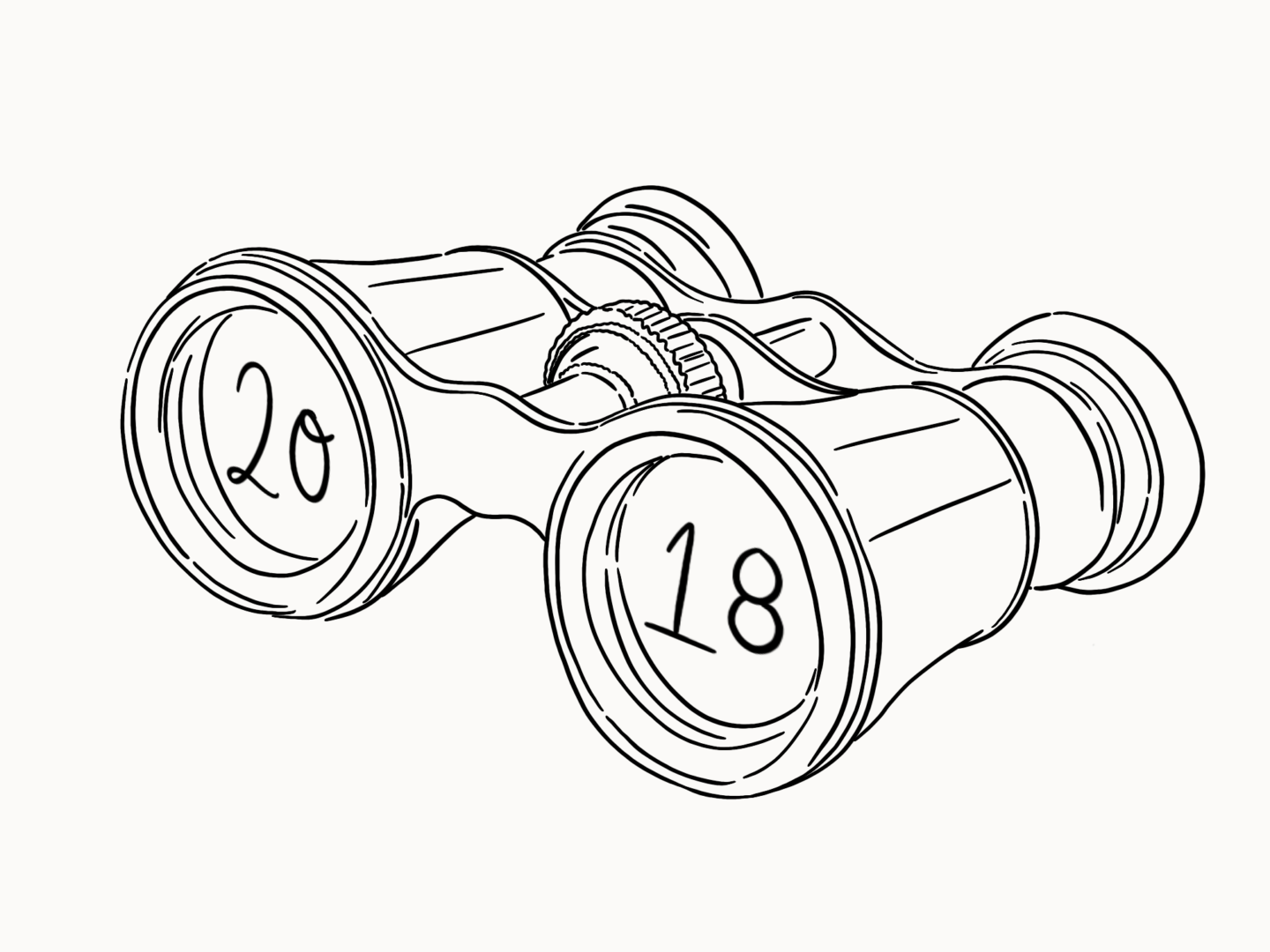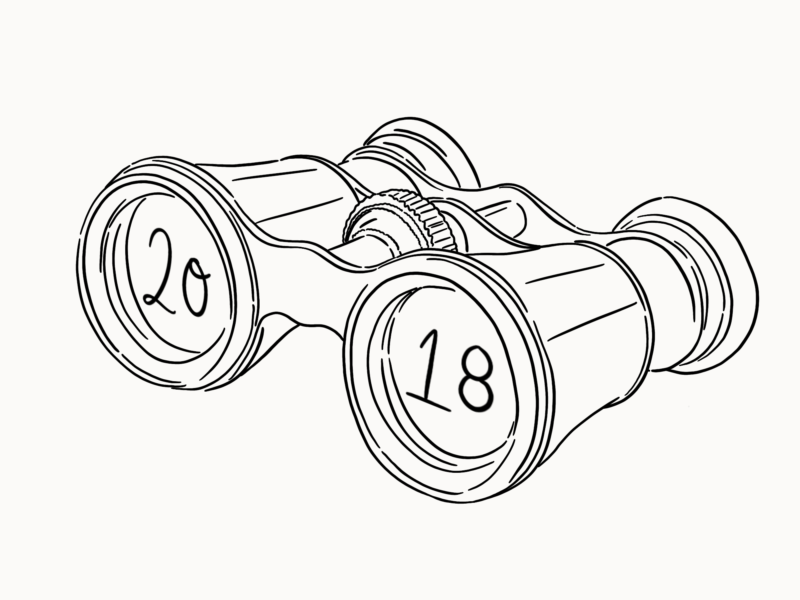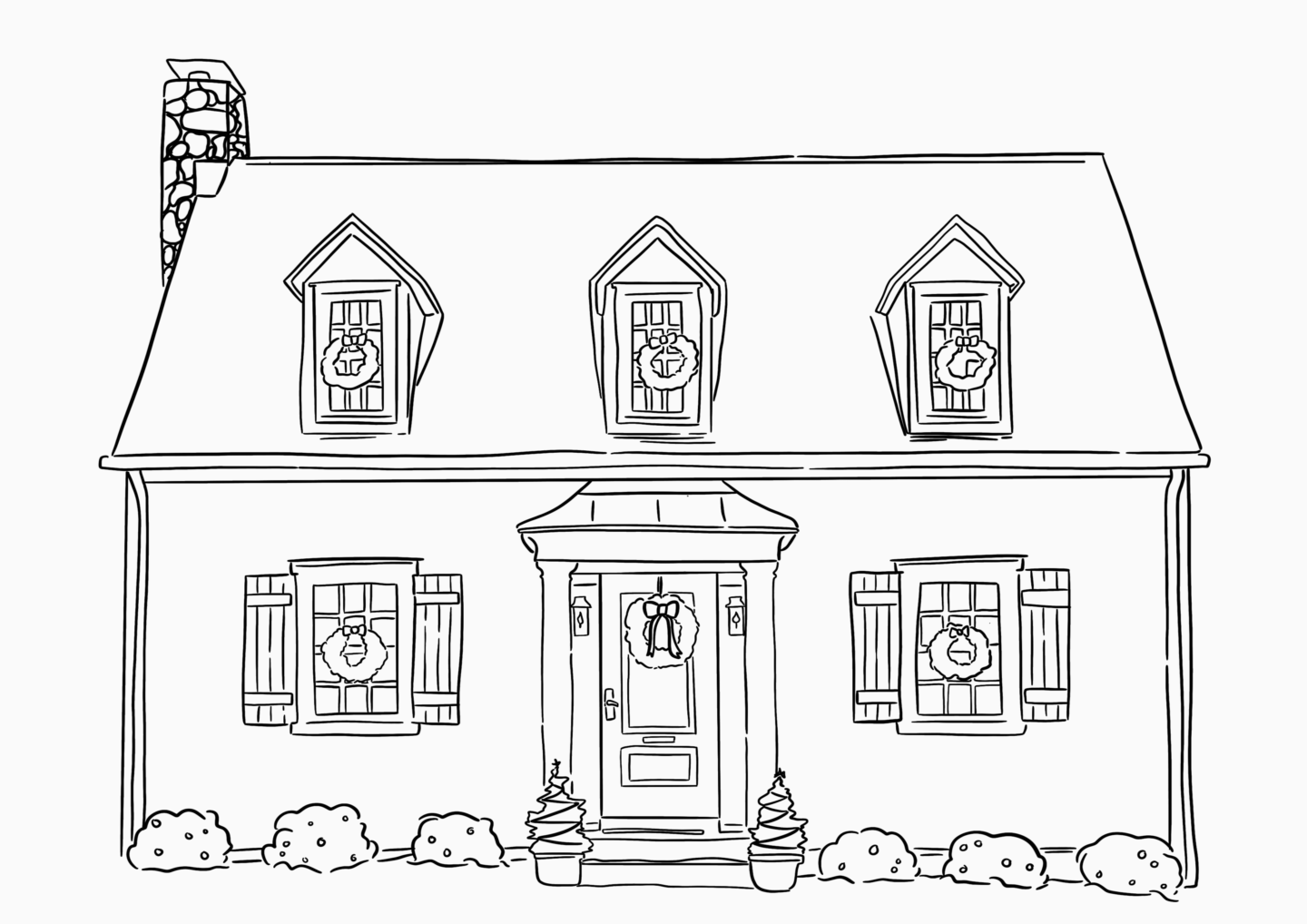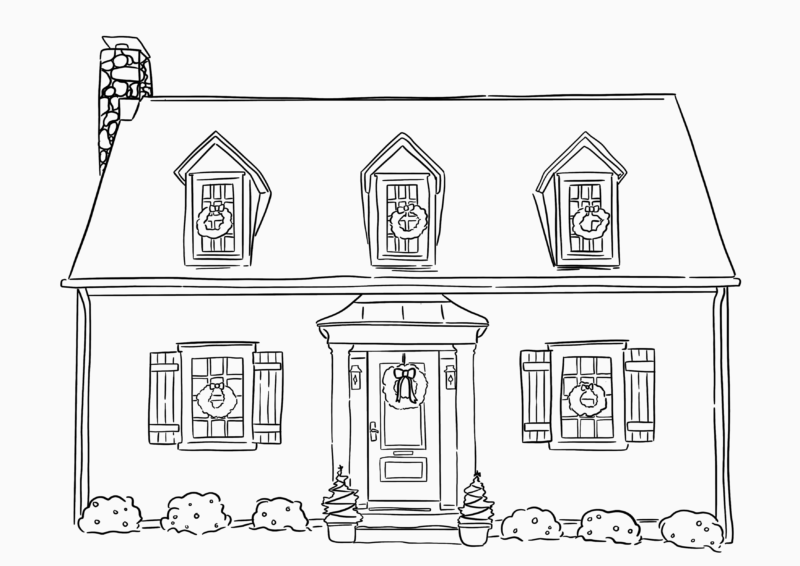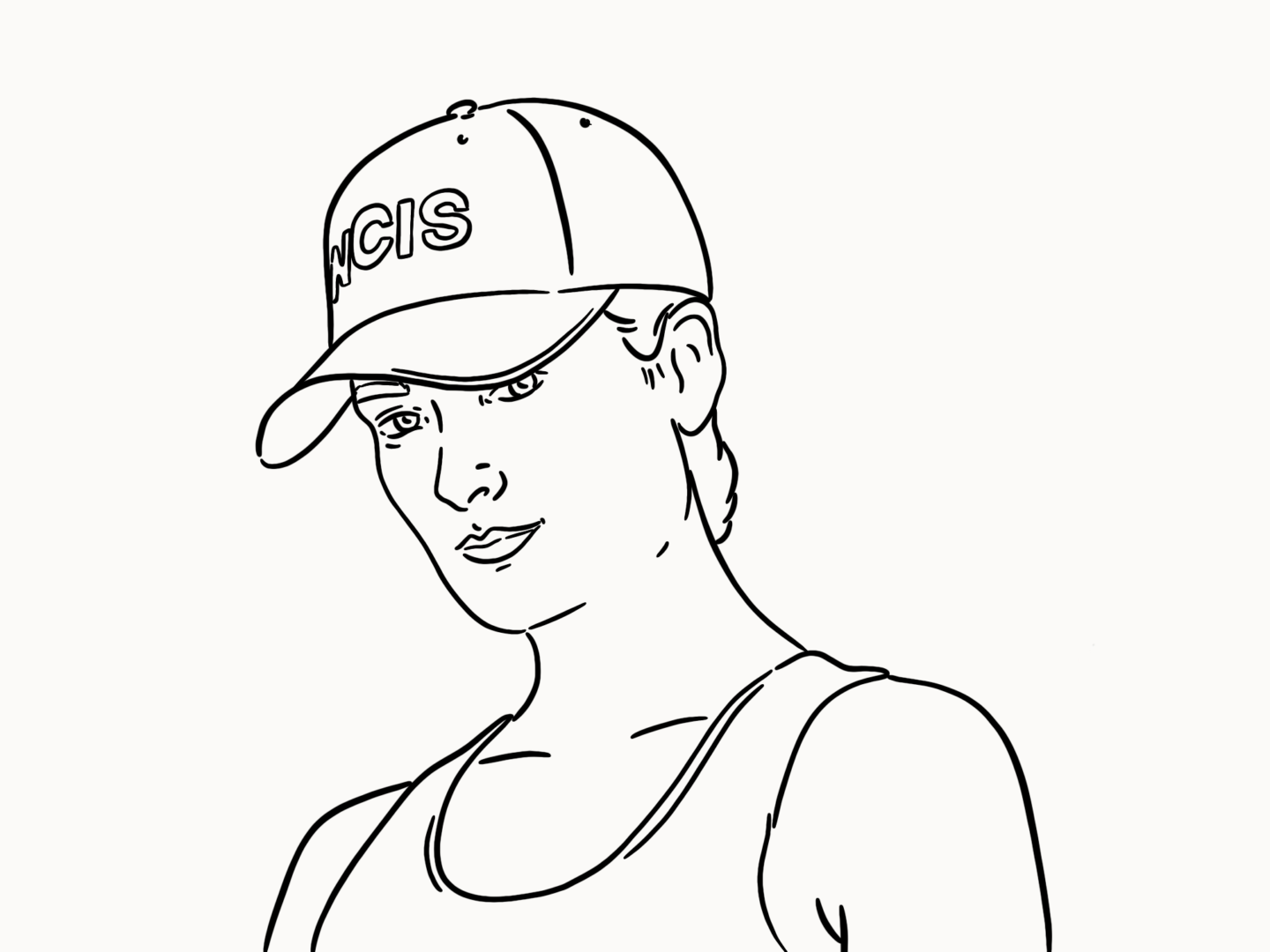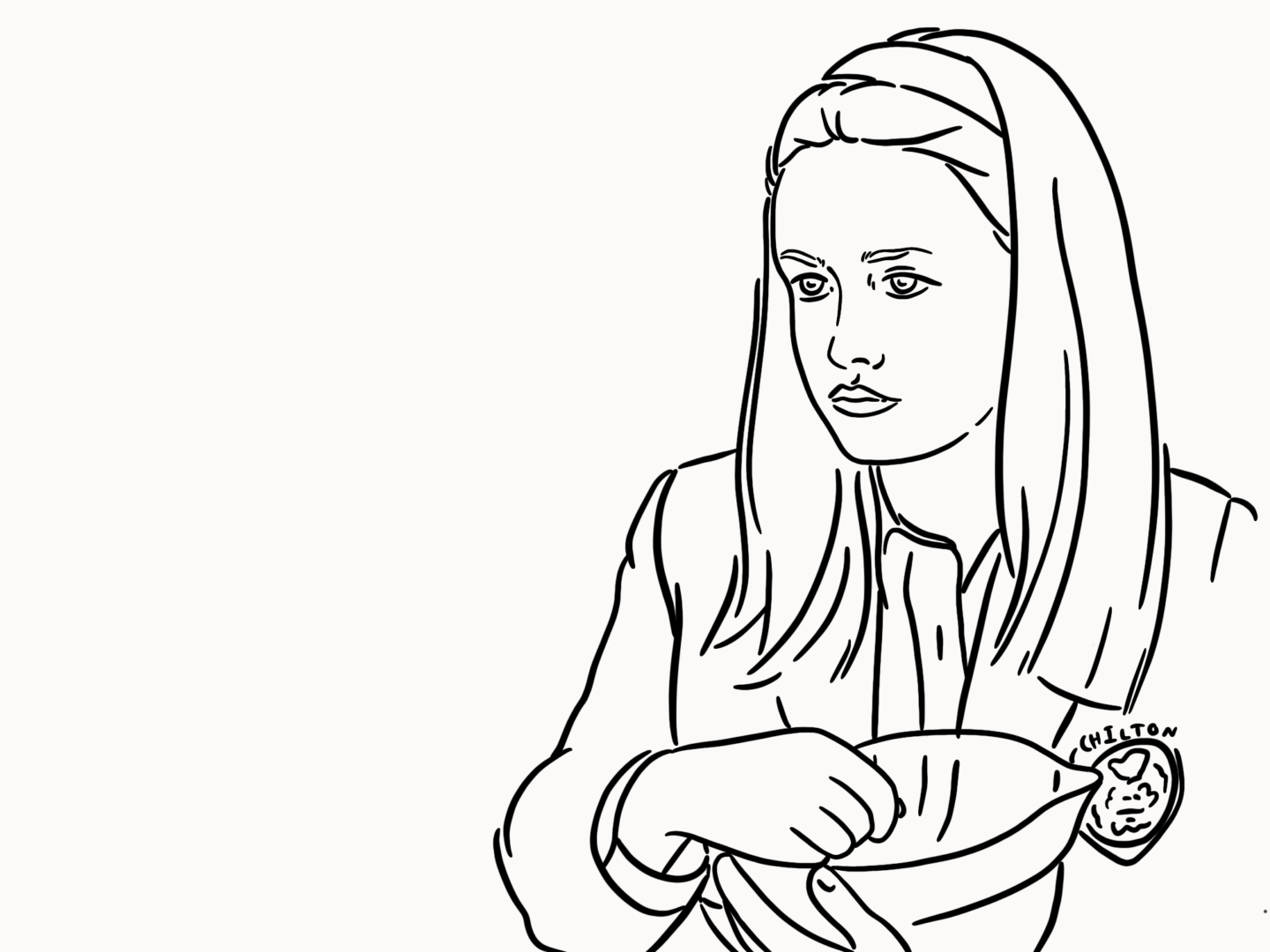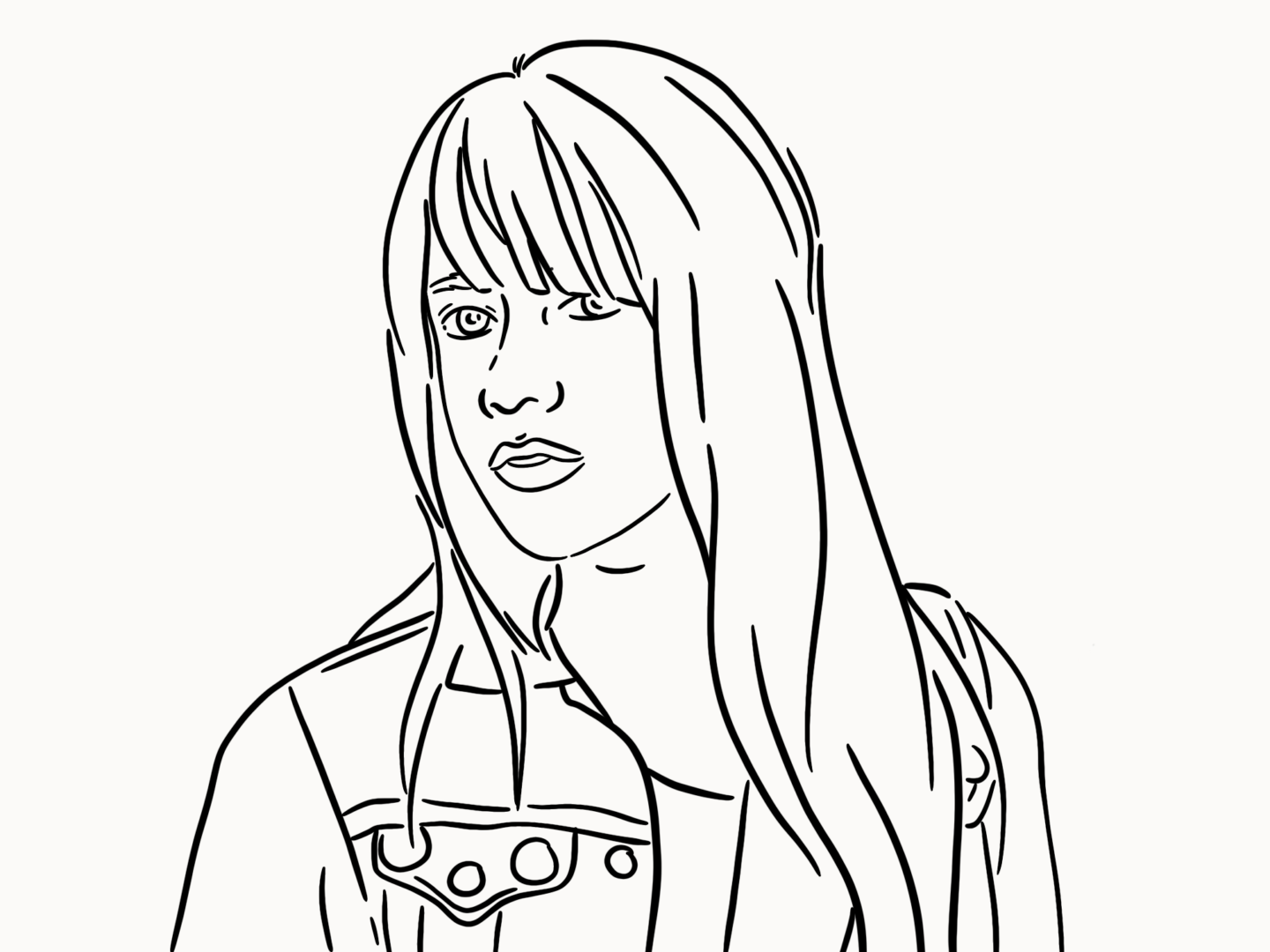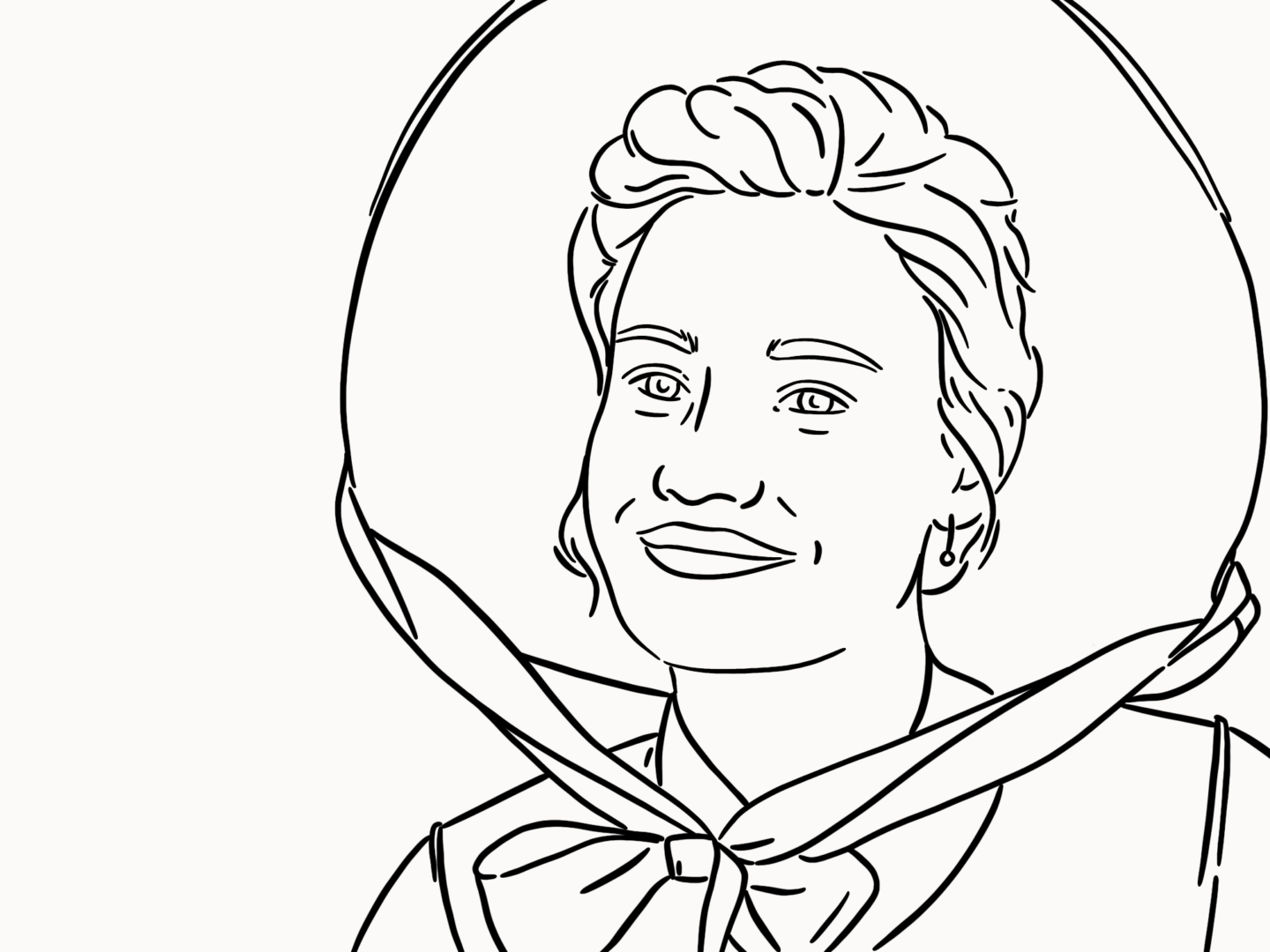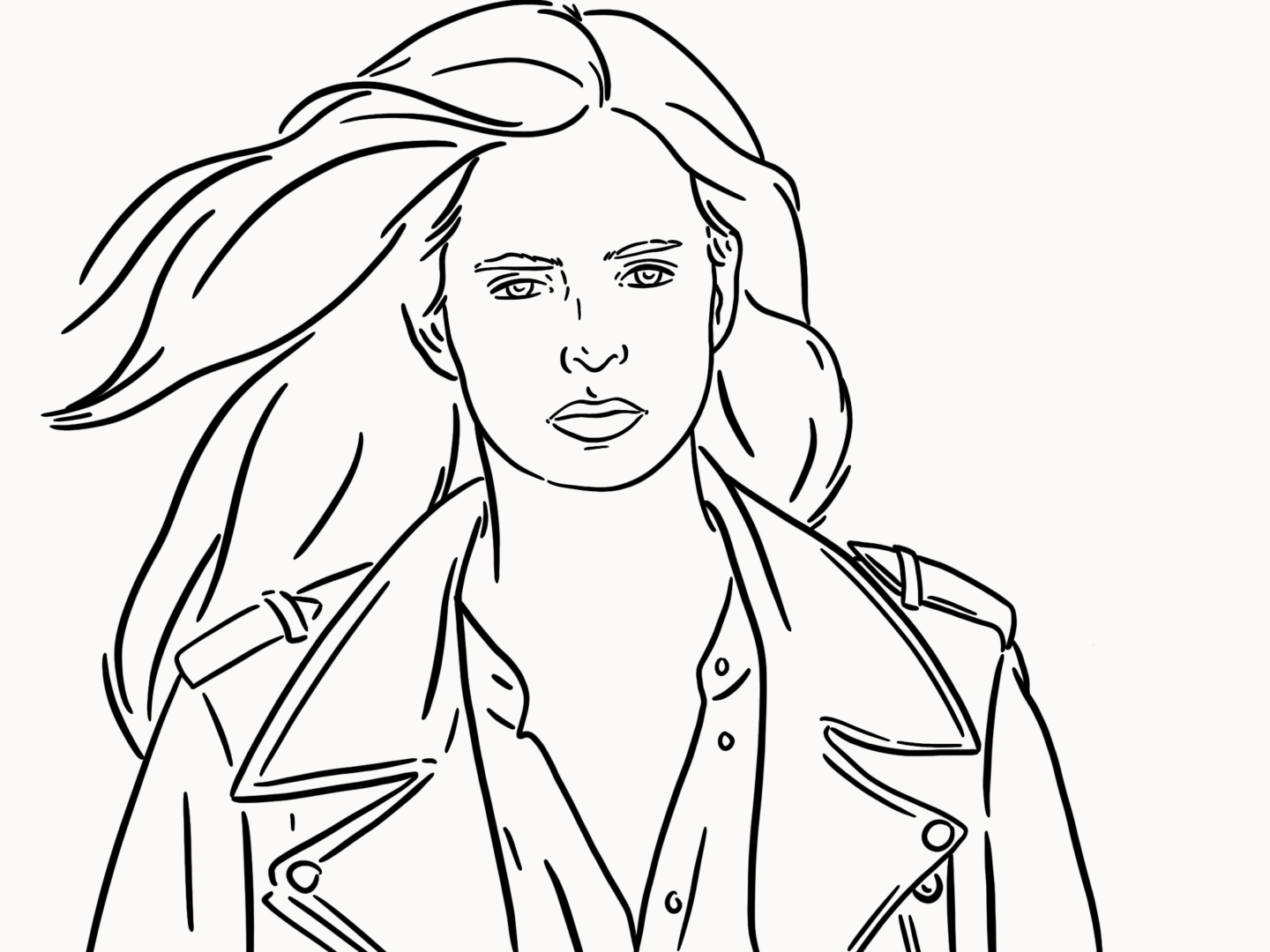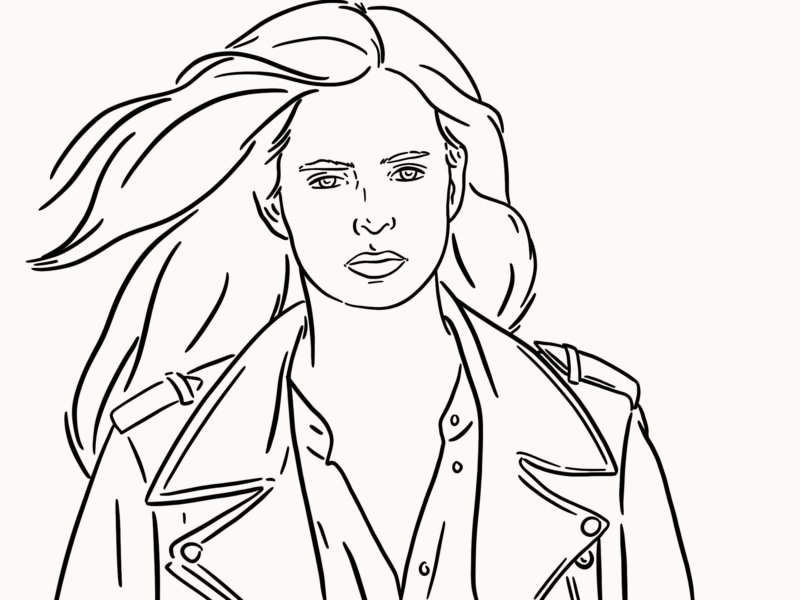Before I kick off the first book club post of 2019 I want to take a moment to appreciate the wonders of reading. I’ve read almost half as many books in the first two months of this year as I did all of last year. That’s in part because I’ve been experimenting with how and when I read, but it’s also in part because I’ve realised I really want to embrace the power, and the joy, of reading again. I loved it as a child. I loved it as a student. Then I went to uni and didn’t like it quite so much. Then I seemed to lose my ability to concentrate for more than 2 minutes without scrolling. Then I got busier and busier. But that doesn’t mean I can’t get back to that childlike wonder again. In fact, I’m hoping I might be headed somewhere even better with a much bigger vocabulary and critical toolkit than I ever had aged 12.
But that’s enough of me waxing lyrical about the power of book in general. Let’s talk about one book in particular, the book that’s the focus of this month’s book club Heather Havrilesky’s What if this were enough?. Havrilesky is best known as the writer behind The Cut’s Ask Polly column which offers sage, and sometimes sharp, wisdom to the lost and confused. She turned that column into a previous, critically acclaimed collection of essays. In this new collection of 19 loosely connected essays, Havrilesky picks apart the forces in the world that make us doubt that this, and ultimately we, are enough.
I was drawn to this collection by its title and, ironically, its appearance on the social media profiles of a number of readers whose tastes I trust. Clearly my subconscious was convinced that through reading Havrilesky’s essays, this might be enough. Just one more thing, one more read, and I would be there.
I’m just going to comment on two essays in this review, the two I remember most keenly almost a month after reading the collection, to give you a feel for its content, ‘the happiest place on earth’ and ‘lost treasure’.
In ‘the happiest place on earth’ Havrilesky recalls a trip to Disneyland. She comments on the level of performance and how that performance is viewed once or twice removed through videos on phones. She dissects how Disneyland placates its visitors. She also reconfirms my strong desire never to go to Disney (sorry mouse fans).
‘Lost treasure’ is a classic “another man’s trash” story with a twist. As a child, Havrilesky visited a neighbour who collected what a young Havrilesky viewed as trash, the older woman turned into treasured sculptures. The moral to this one wasn’t just value is in the eye of the beholder, but that we might find more value in the world around us if we ever slowed down and focused enough to pick up trash to turn into art.
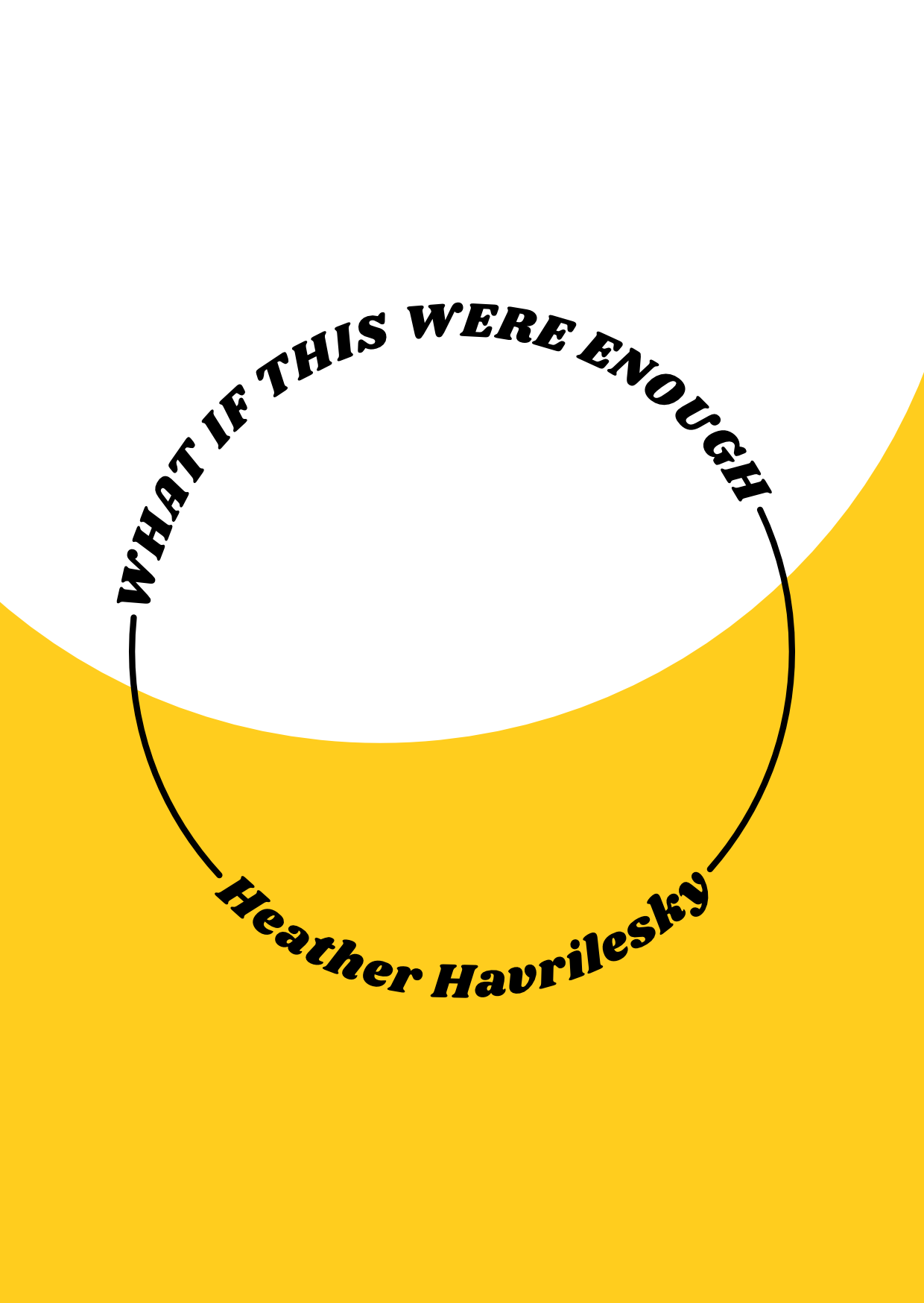
For this alternative cover, I wanted something that at once suggested completeness (the circular text) and not the half coloured background. I also wanted to play with the idea of being unsure if something is half full/empty
Havrilesky is clearly an incredibly skilled cultural commentator and writer. She has moments of unchecked privilege and questionable views, like the her decision to deride her friends who checked her book out of the library rather than reading it, but in my opinion she shouldn’t be written off for those flaws. We’ve all got flaws. We all need to learn to be more accepting of others, and ourselves, to accept that we’re all enough if we’re growing.
But I closed What if this were enough? feeling like it wasn’t quite enough. I wanted it to say more. The loose connection between essays left me feeling cold, I needed a conclusion, a pay off. Perhaps that’s the point. Perhaps my unquenchable desire for a “and this is what it all means” is part of the problem. I need an external force to tell me what to do next to accept I’m enough. But perhaps it’s a lack in the collection, and a number of similar essay collections, which are written as almost completely separate essays. Each essay has its own strengths and weaknesses and the collection is just a sum of these, but not more. It’s a set of columns, a stream of twitter threads, a collection not a book as a whole with a clear thread of narrative or argument.
If you’re searching for answers, this book isn’t for you. If you’re looking for a rousing conclusion to let you know you are enough, this book isn’t for you. If you want to know what a world may look like if we decided it was enough, this book isn’t for you. But if you’re looking for erudite commentary on some of the mundane and mind boggling ways we’ve convinced ourselves that this isn’t enough, I think you’ll like this one. It’ll get you thinking, it’ll get you questioning, it may even, if you’re smarter than me, lead you to finding your own conclusions.
SOME QUESTIONS TO PONDER AS YOU READ…
- Are there any essays that stand out to you on a personal level?
- What conclusions are you able to draw from the essays as a collection? How does being placed next to one another change the meaning of the essays?
- Did the collection change anything about how you view your own life?
- If you were to include your own personal anecdote about being enough, or not, what would you include?
IF YOU WANT SOME FURTHER READING TRY…
- In this review for The Bustle, Sadie Trombetta reflects on how Havrilesky’s essays made her think about what it means to ‘disconnect’
- This Kirkus review concludes the collection is fun, often insightful read for digital fatalists.
- Erin Keen concludes the veteran critic and beloved advice columnist’s new collection of essays is a lifeline built of the toughest love
IF YOU WANT MORE BOOKS LIKE THIS HAVE A LOOK AT…
- Anne T. Donahue’s Nobody Cares
- Heather Havrilesky’s How to Be a Person in the World: Ask Polly’s Guide Through the Paradoxes of Modern Life
- Cheryl Strayed’s Wild: From Lost to Found on the Pacific Crest Trail
- Sara Maitland’s How to be Alone

